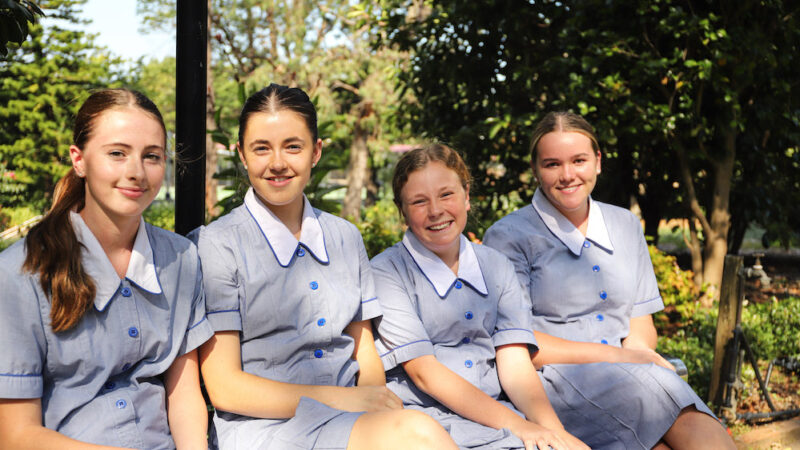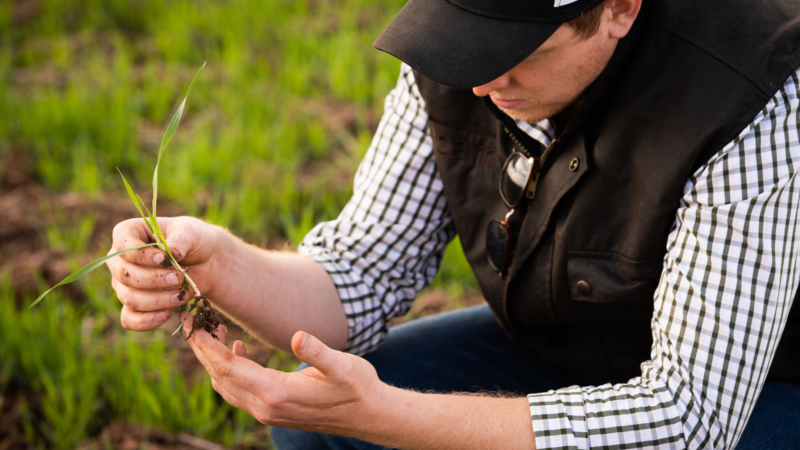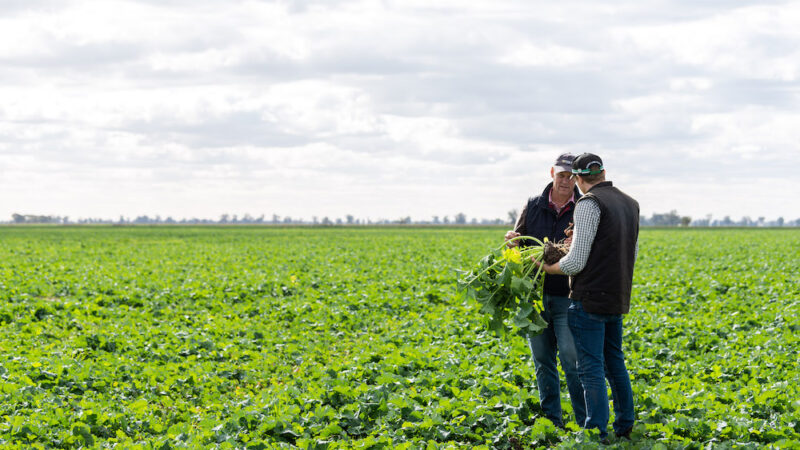New Income Streams from Regenerative Agriculture
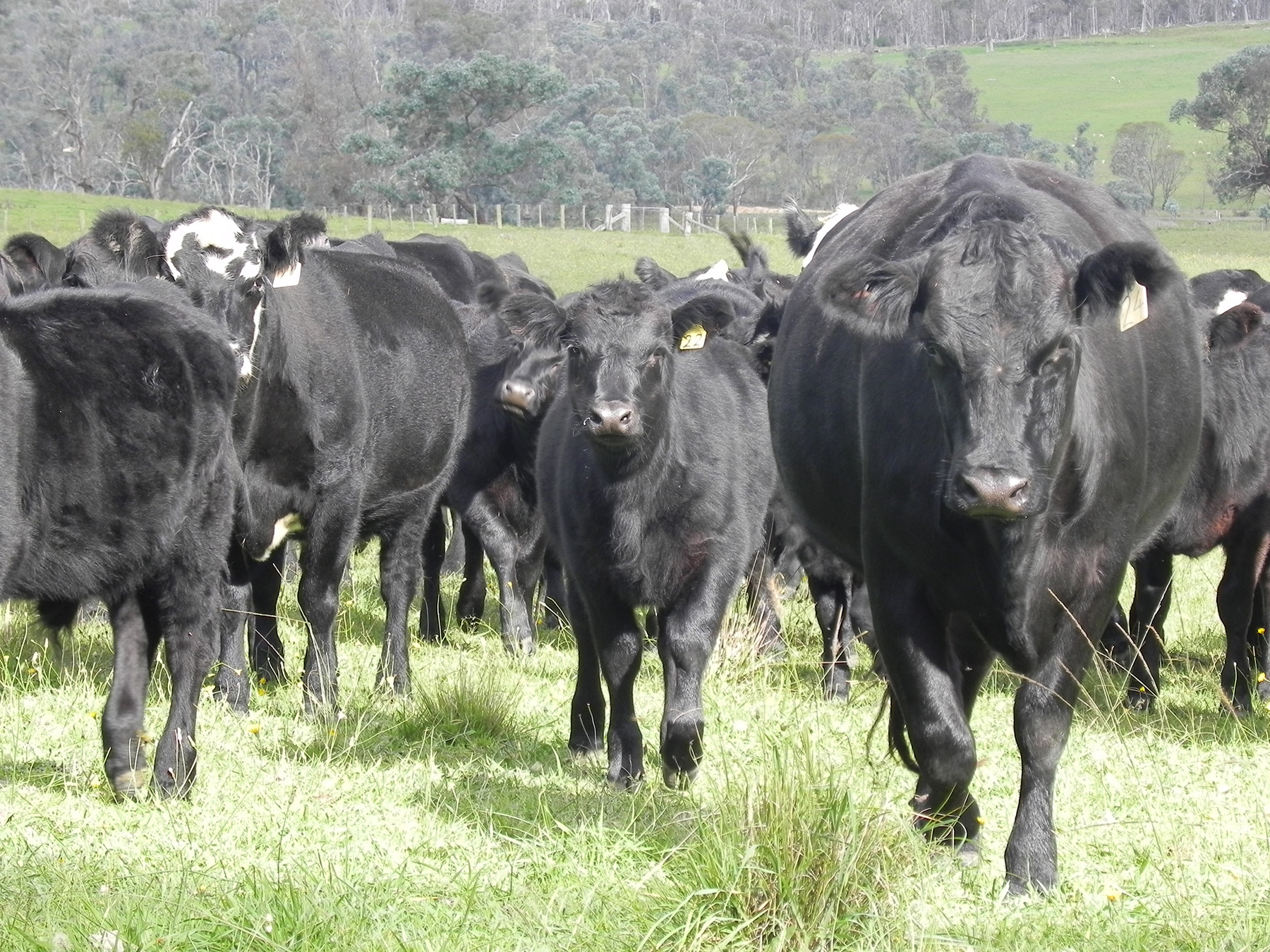
Carbon Link is poised to announce results from the world�s largest long-term soil carbon study ever conducted at scale. Carbon credits will provide a valuable new source of income for landholders.
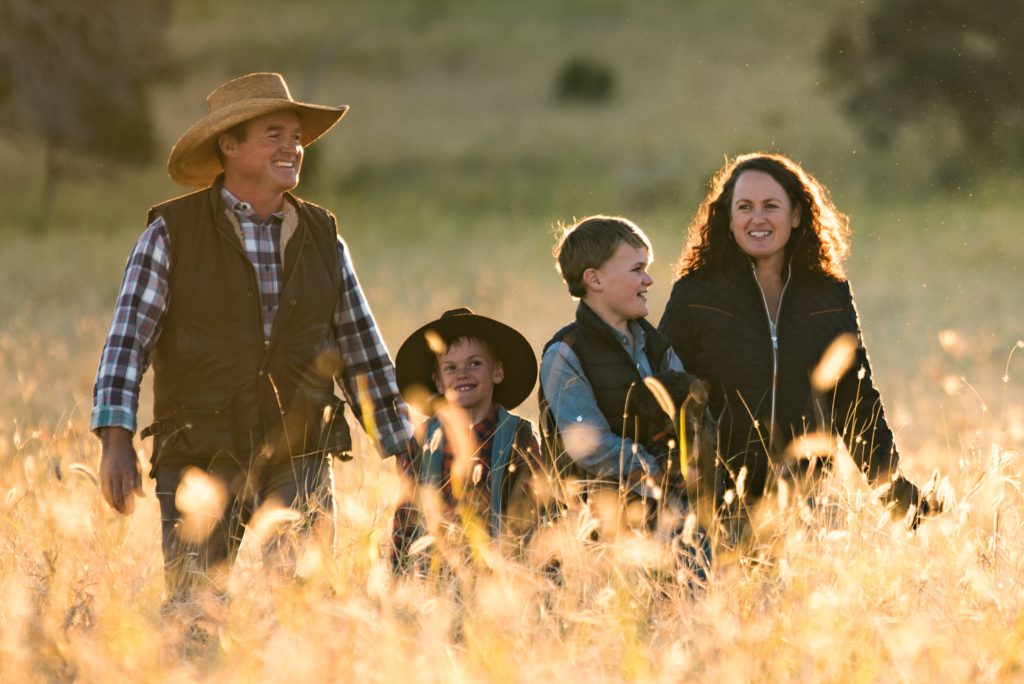
Carbon Developer, Carbon Link, is soon to announce its first results from the largest longitudinal investigation of soil carbon, at scale, anywhere in the world. Terry McCosker, Chair of Carbon Link said, �Testing is now underway, and the results will have significant implications for the soil carbon industry in Australia and globally�.
While countries are negotiating their climate commitments in Glasgow, landholders building carbon on-farm are taking heart from the burgeoning price of carbon credits. In the last year the spot price for Australian Carbon Credit Units has doubled from $16 to $32.
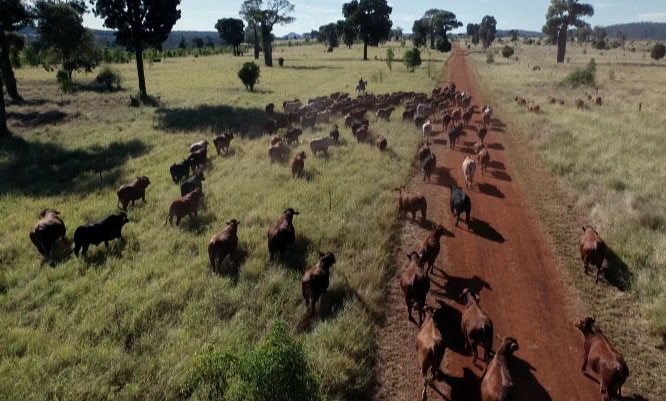
Carbon Link has�18,000 hectares�of�soil carbon projects�on seven properties,�in�NSW and QLD, registered�with the Australian Government�s Clean Energy Regulator�. The�projects�were baselined in 2016 and�now,�five years later,�the soil carbon is being�re-tested�down to 1.2�-metres, which will determine�how much carbon has been�sequestered.
�The measurements to-date are showing encouraging results, despite up to three years of severe drought on some properties,� McCosker said. �We expect to announce the final results in the new year.�
By June 2022 Carbon Link will have an additional 100,000 hectares registered, with a healthy pipeline of activity into the next 12 months.
�To sequester carbon, landholders need to be managing their land regeneratively,� McCosker said. He is also the Founding Director of Resource Consulting Services (RCS) � Australia�s leading education, training and advisory service working in regenerative agriculture. The first seven landholders registered with Carbon Link are all graduates of RCS programs.
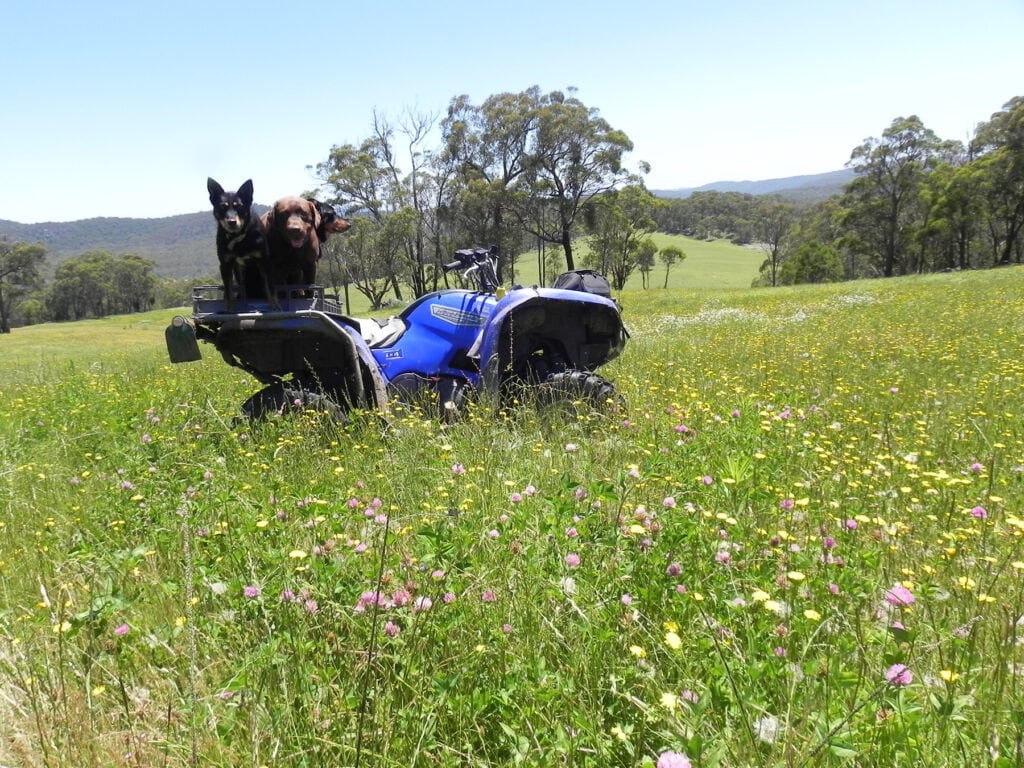
�Regenerative approaches: store carbon; improve soil heath; and increase biodiversity, water holding capacity and drought resilience. They also provide access to new income streams from carbon and biodiversity credits as well as other co-benefits. So it�s a win, win, win,� McCosker said.
To know more contact RCS: [email protected] or Carbon Link: [email protected]


